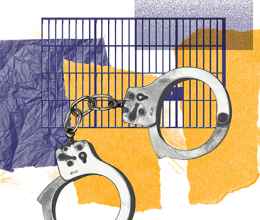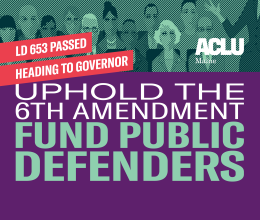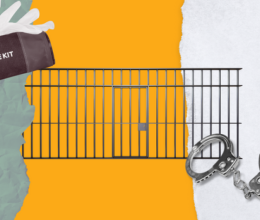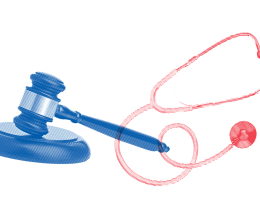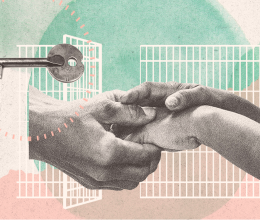In last night's State of the State address, Gov. LePage rightly addressed the growth of opiate abuse in Maine. There is no doubt that rapidly increasing heroin use is cause for concern and action. However, the governor's assertion that the answer should come in the form of more Drug Enforcement Agency agents, drug prosecutors and drug court judges is not the answer.
The so-called "War on Drugs" has cost the nation trillions of dollars, not to mention thrown away millions of young lives. And it has done nothing to curb drug use since President Nixon first declared drug use Public Enemy Number 1, drastically increased the size and reach of federal drug enforcement agencies, and pushed through drastic sentencing measures like mandatory minimums. In other words, the War on Drugs is a 40-year failure. And as we've written before, it's "time for our lawmakers to acknowledge the failure of the War on Drugs and take this opportunity to invest in health-based solutions that have proven effective in reducing drug abuse."
It's not just the ACLU who thinks so - across the nation, people are waking up to the fact the it's time for something new. Traditionally "tough on crime" states are starting to make smart reforms to reduce drug use and shrink the criminal justice system. Prominent conservative thinkers are calling for reform. So are religious leaders (even Pat Robertson, who says he believes "in working with the hearts of people, and not locking them up").
So it came as a bit of a shock when Gov. LePage used the address to call for enlarging Maine's criminal justice system, but made no mention of increased treatment and diversion programs that are proven more effective at combatting drug abuse. Adding more DEA agents, prosecutors and judges may succeed at putting more Mainers in jail, but it won't get at the heart of the addiction problem - which is first and foremost a public health issue.
So what do we do about soaring drug abuse rates? One place to start is with the prevention of overdose deaths. LD 1686 is a bill that would save lives by making the drug naloxone more readily available to those most at risk of an overdose. This bill wouldn not just save lives: in other places that have implemented naloxone programs, opiate injection rates have gone down and enrollment in treatment programs has gone up. The Health and Human Services Committee will hear testimony on this bill soon, and we encourage them to pass it.
At the federal level, we're calling on Senator Collins to restore funding for syringe exchanges. Syringe exchanges play a vital role in the health and well-being of Maine residents by helping to prevent the spread of infectious diseases and by connecting people to much needed community services programs, treatment and education. In 2012 alone, 400 Mainers were referred to substance abuse treatment by the state’s syringe exchange programs and many more were connected to other much needed community resources. For every $1 invested in these programs, communities save $3 - $7 on HIV treatment costs alone.
In the near future, the ACLU of Maine will be looking at more ways to reduce drug use in Maine while also shrinking our criminal justice system and the massive costs that go with it. That is something people on both sides of the aisle should be able to agree on. A very smart man once said, insanity is doing the same thing over and over again and expecting different results. It's time to end the drug war insanity.


